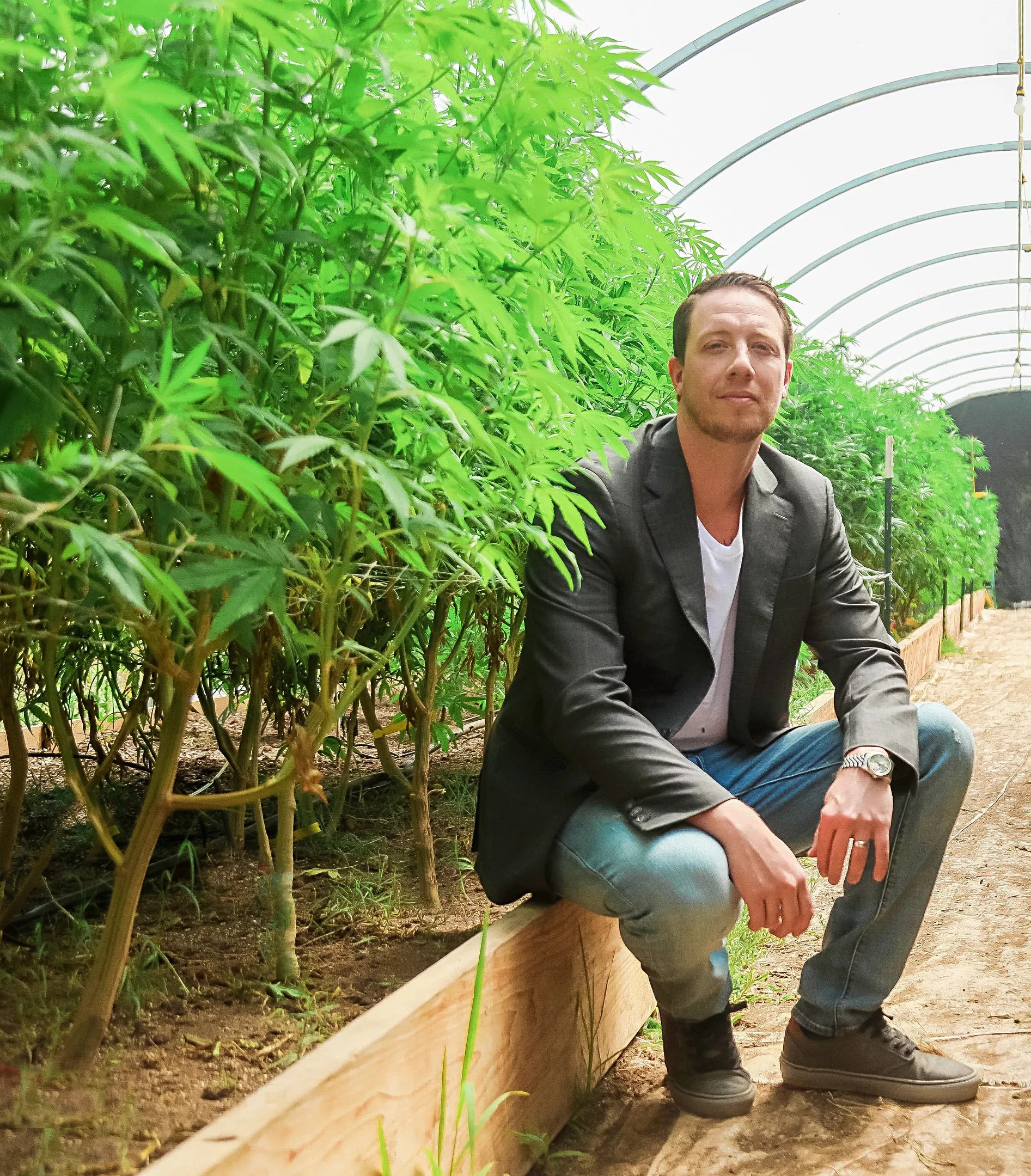
Courtesy of 420 Property

Audio By Carbonatix
Few areas of business have profited off of legal cannabis as much as real estate, but it’s not always an easy game. In the early days of commercial pot, landlords and property owners willing to work with the federally prohibited industry were scarce. Leases paid out in cash, usually at much higher rates than the average, were the norm – and according to 420 Property CEO Ryan George, those high rates are still the rule rather than the exception.
Founded in Colorado in 2016 by George, 420 Property now lists over 3,000 commercial cannabis properties and parcels across the country. We talked with George to learn more about Colorado’s current cannabis real estate market and where it’s going in the future, whether that be to the state’s Western Slope or online.
Westword: What made you decide to pursue cannabis-centric real estate? Are there any difficulties or interesting aspects involved that don’t come with more traditional forms of commercial real estate?
Ryan George: Like many, I find the cannabis industry alluring because of the new opportunities for business it creates. There are many complexities with cannabis real estate, such as use permitting, zoning and security considerations.
Have landowners and local governments changed their approach to cannabis businesses since you first launched?
Not really. The subject has become less taboo in recent years; however, localities and landowners are still somewhat hesitant and cautious on how they approach cannabis licensing and where public-facing cannabis businesses are located.
What are some hot real estate markets in cannabis right now, and where does Colorado rank/fit in? How are the Denver and southern Colorado markets doing?
Denver and southern Colorado have reached somewhat of a market equilibrium with cannabis real estate as the market has matured over the last eight years. Right now, the hottest markets are New York, New Jersey, and any new sub-market or new jurisdiction in California.
How has the decline of cannabis sales and prices affected commercial cannabis real estate in Colorado? Does the state’s Western Slope have any promise?
In the beginning of recreational sales, cannabis prices were much higher, and cannabis operators were willing and able to pay a premium for cannabis properties – [but] this is no longer the case. Cannabis operators are now being forced to make more financially conscientious decisions, including not paying ultra-high premiums for real estate. Now that cannabis real estate is no longer fetching as high of a premium, the underlying value of the real estate assets have fallen. However, this may not be the case in new emerging markets. I imagine that new markets will still be able to fetch a market premium until that market reaches equilibrium.
Is there more value in cannabis real estate in states with more licensees, such as Colorado, Oregon and Oklahoma, or states with fewer licensees, like Florida or New Jersey?
Technically speaking, this really depends on a few factors at the local jurisdiction level, such as area median income, total population, total number of licenses in the jurisdiction, and the jurisdiction’s restrictions on where those licenses can operate. But generally, cannabis real estate and cannabis businesses are less valuable in markets that have an abundance of businesses and licenses.
The metaverse has been presented as a new place for cannabis businesses. How do cannabis companies operate on the metaverse despite federal prohibition, and how does real estate come into play here?
My current understanding is that cannabis companies are prohibited from operating or conducting sales in the metaverse. In my opinion, many people are losing sight of what the metaverse is for companies. It’s not a replacement for the real world; it’s an enhancement, and it just provides another avenue for real-world companies to increase sales. Therefore, real estate will still be required.
Have any states addressed the metaverse in regard to cannabis sales or business? Can someone actually sell weed on it right now, or is it for hemp sales and cannabis marketing purposes?
Overall, I believe that the metaverse is a prime location for cannabis businesses to operate, market and provide customer service. However, I don’t believe there are any specific regulations addressing how cannabis companies can operate in the metaverse. Additionally, most metaverses do not allow cannabis-specific companies to advertise or operate. So for now, the metaverse is only a sales opportunity for CBD companies.
How far away do you think we are from being able to visit and shop at metaverse dispensaries?
CBD companies are already staking a claim to metaverse lands, but I believe it will take federal legalization to start seeing mainstream metaverse cannabis stores.